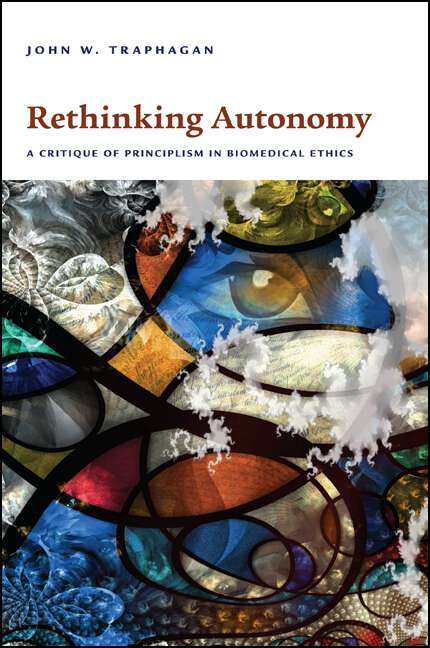Rethinking Autonomy: A Critique of Principlism in Biomedical Ethics
By:
Sign Up Now!
Already a Member? Log In
You must be logged into Bookshare to access this title.
Learn about membership options,
or view our freely available titles.
- Synopsis
- This groundbreaking book offers a critical examination of the concept of autonomy, one with major implications for biomedical ethics. Working from the perspectives of ethnography and medical anthropology, John W. Traphagan argues that the notion of autonomy as a foundational principle of a common morality, the view dominant in North America, is inadequate as a universal moral category because culture deeply influences how people think about autonomy and the fundamental nature of being human. Drawing from fieldwork in Japan, Traphagan reveals a notably different sensibility, demonstrating how Japanese moral concepts and actions are based upon a deep awareness of the social embeddedness of people and an aesthetic sensitivity that emphasizes context and situation over universality in making moral evaluations of behavior. Traphagan develops data from Japan into a critical examination of how scholarly research in biomedical ethics, and ethics more generally, is conducted in North America. Arguing in a vein related to the emerging area of naturalized biomedical ethics, Traphagan proposes the creation of an empirically grounded study of moral behavior.
- Copyright:
- 2013
Book Details
- Book Quality:
- Publisher Quality
- Book Size:
- 173 Pages
- ISBN-13:
- 9781438445540
- Related ISBNs:
- 9781438445526, 9781438445533
- Publisher:
- State University of New York Press
- Date of Addition:
- 08/07/23
- Copyrighted By:
- State University of New York
- Adult content:
- No
- Language:
- English
- Has Image Descriptions:
- No
- Categories:
- Nonfiction, Social Studies
- Submitted By:
- Bookshare Staff
- Usage Restrictions:
- This is a copyrighted book.
